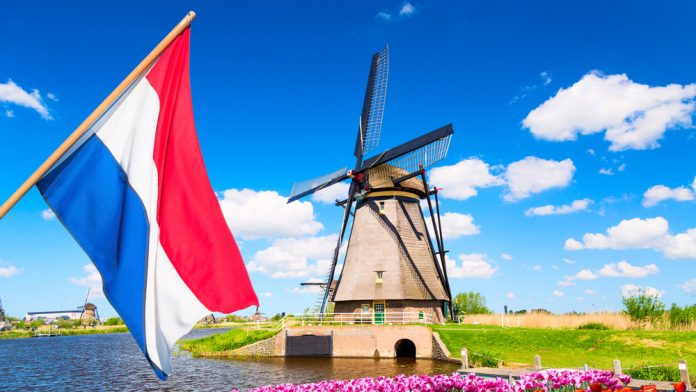Raad van State (the Council of State), the Dutch government’s lead advisory on national policy development, has placed criticism on politicians’ plans for added restrictions on betting and gaming advertising.
As one of the nation’s two gambling trade associations, Gaming in Holland has suggested that the Council has questioned the reasoning behind the regulatory action, rather than the legal tenability of the proposed ban.
In a roadmap developed by Frank Weerwind, Dutch Minister for Legal Protection, outlined plans to phase out “untargeted advertising” beginning this month, referring to blanket advertising accessible to a range of consumer demographics.
Through the proposed legislation, operators would be unable to advertise via television, radio or in public indoor or outdoor spaces, with enhanced restrictions for online marketing, whilst sports sponsorships are set to be banned by the end of 2025.
Reacting to the criticism, Dr Alan Littler, Gaming Lawyer at Kalff Katz & Franssen, stated: “The criticism is not really directed at the restriction itself, but towards the underlying reasoning and explanations given.
“In many instances the Council’s critique is that the explanatory memorandum is potentially confusing and will give rise to a lack of legal certainty. Thus, a first reading would suggest that the Council is telling the Ministry to ‘explain itself better’ rather than calling for a wholesale re-think of the ban.”
The Council of State argued that evidence to support such a restrictive ban on advertising is currently lacking, as the country’s regulated online market has only been live for a little over 15 months.
A number of politicians, including Weerwind, have observed a major upsurge in betting advertising across multiple media channels since the launch of the KOA marketplace on October 1, 2021, fueling calls for extended restrictions.
However, Gaming in Holland suggested that some Council of State members have further criticised the proposed ban, such as Bert Bakker, Managing Partner at consultancy firm Meines Holla & Partners.
Bakker noted: “The Council notes with a certain degree of astonishment that there is no clear and unequivocal quantitative evidence that substantiates the need for such far-reaching restrictions and the resulting curbs on the freedom of expression. Thus, the Minister is asked to do more in order to justify these restrictions.”
According to initial reports back in July 2022, the proposed ban on non targeted advertising was originally set to come into force on January 1, 2023.
Towards the end of last year, increasing political pressure on the Dutch betting and gaming space saw the Chair of the Kansspelautoriteit, René Jensen, call on licence holders to refrain from a “bombardment of advertising”, as described by politicians, during the 2022 World Cup.
Bakker suggested that, due to the current lack of support for the ban, “it would be a miracle if the current proposals could enter into force before April 1”.
He stated: “According to the Council of State, too much remains unclear. The Minister’s texts do not provide sufficient clarity to operators and other market parties, and the Council believes that this must change.
“Not in a subsequent Ministerial Decree, but immediately, in the General Administrative Order and its accompanying explanatory memorandum.”










